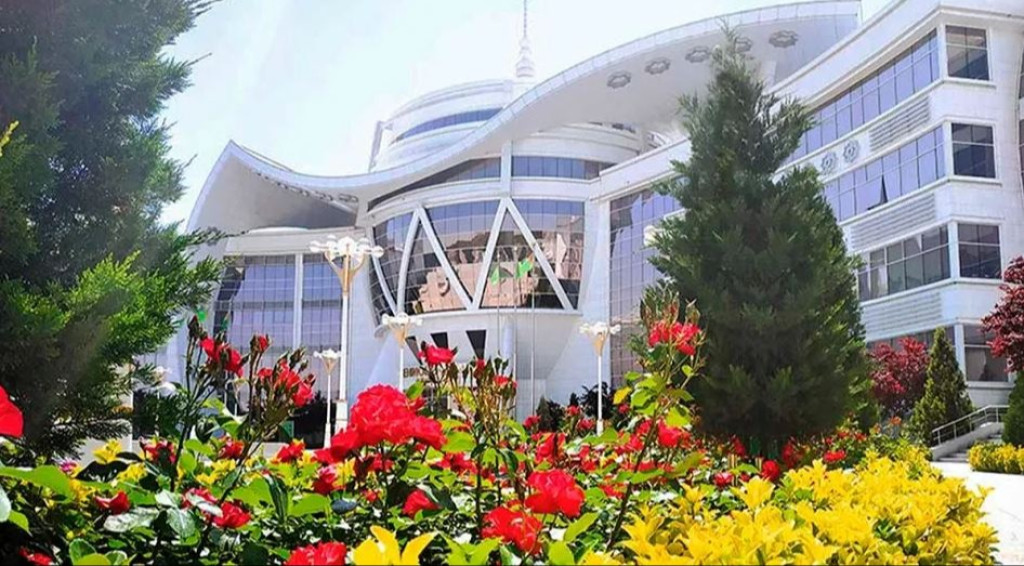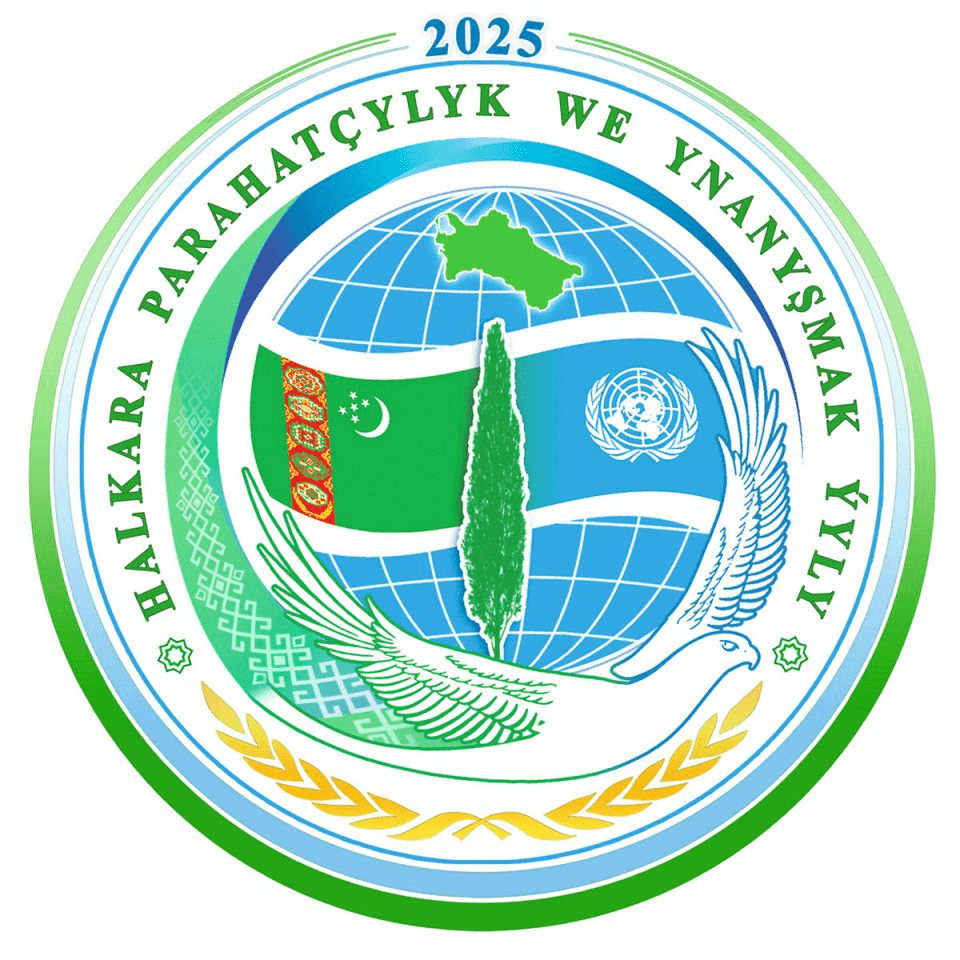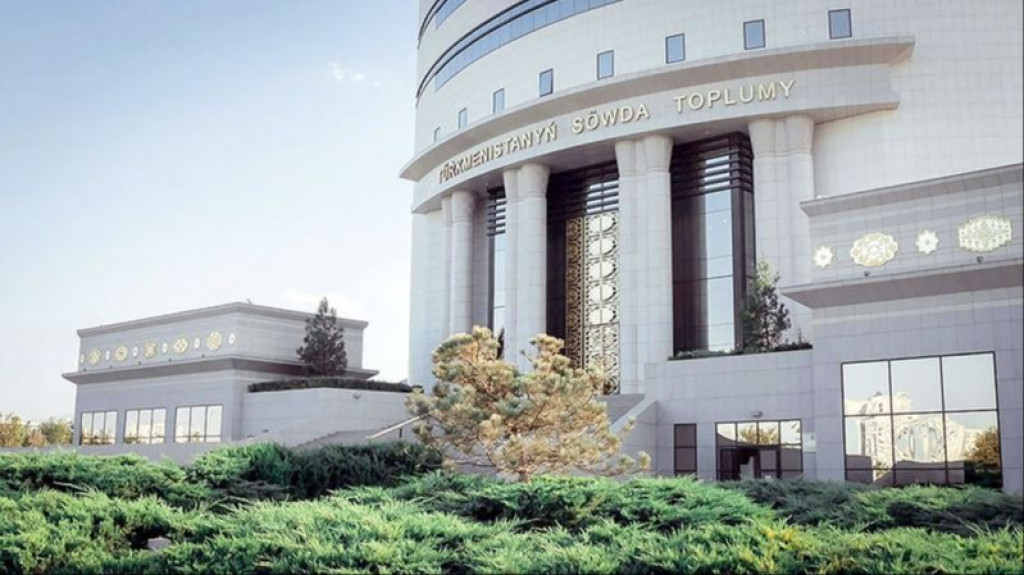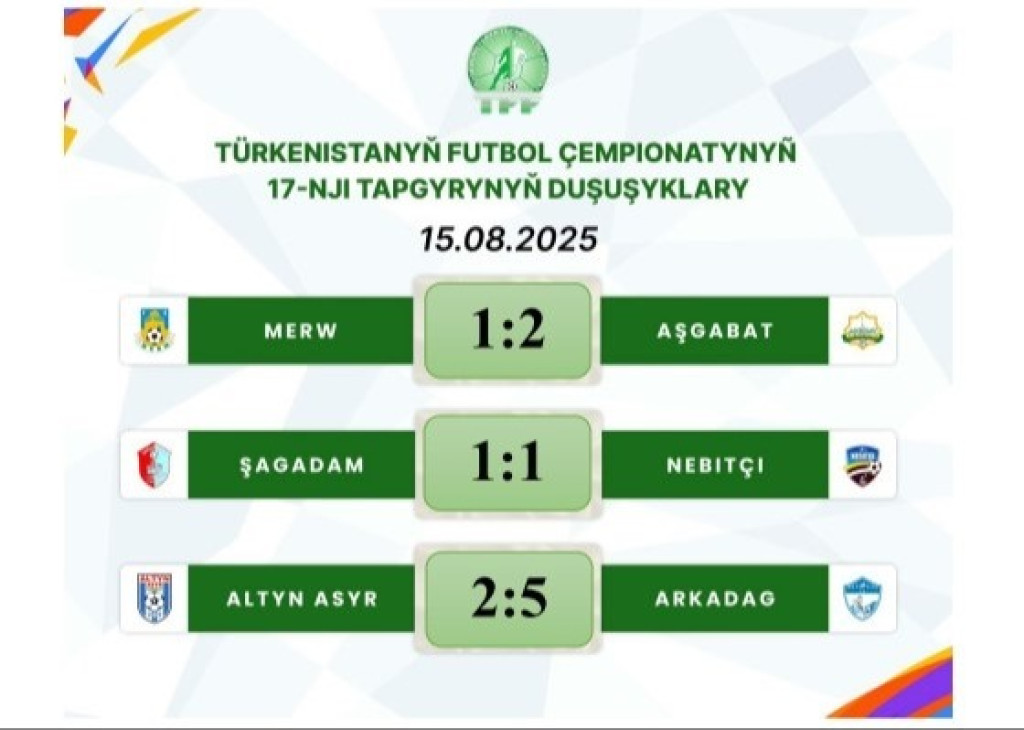
A conference on digital economic reforms was held at the International Scientific and Technological Park of the Academy of Sciences of Turkmenistan.
During the event, scientists and specialists in information security shared their knowledge and practical experience on topics such as cybersecurity, electronic document management, the implementation of alternative energy sources using digital technologies, and the expanded use and integration of modern information and communication technologies (ICT) into various economic sectors.
Ahmet Esenov, a specialist at the Information Security and Telecommunication Technologies Laboratory, gave a presentation on Li-Fi (Light Fidelity), highlighting it as a promising alternative to Wi-Fi. Li-Fi is a wireless data transmission method that uses light. A special chip in an LED light bulb converts information into binary code and sends it to a device with photocells. The high modulation frequency (over 60 Hz) makes the process invisible to the human eye. The main advantage of Li-Fi is its incredibly fast data transfer speed.
Nikolai Nikolaev, a senior employee of the Geographic Information Systems Department, spoke about the use of spatial technologies on mobile devices. He noted their successful application in natural resource management, urban planning, and transport logistics. According to the specialist, the mobile GIS tool QField is used for professional work with spatial data in the field.
The discussion of these topics highlights the importance of the national digital development strategy. The introduction of innovative projects and GIS technologies is leading to the creation of a reliable and modern digital infrastructure, which contributes to the country's sustainable economic growth.



